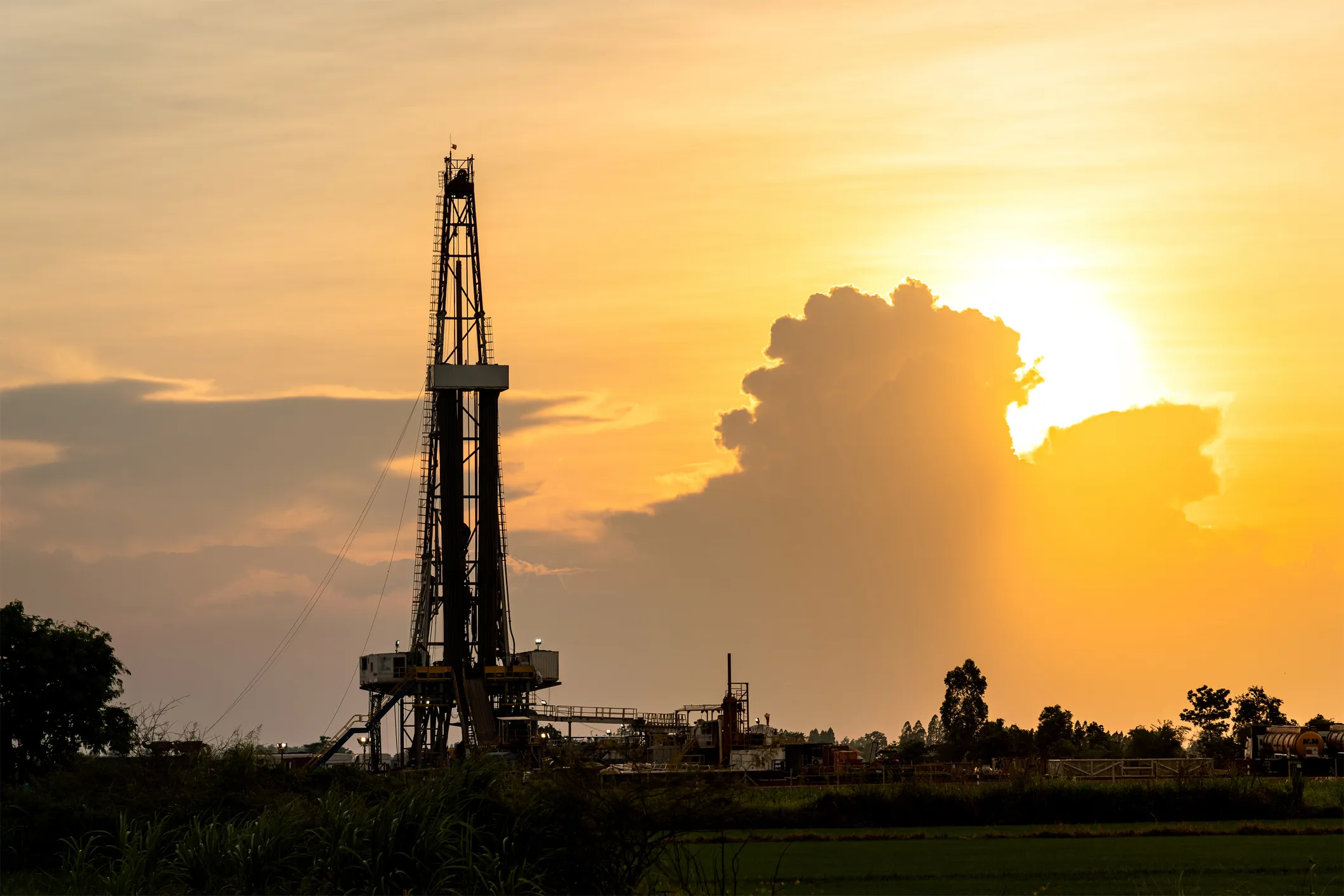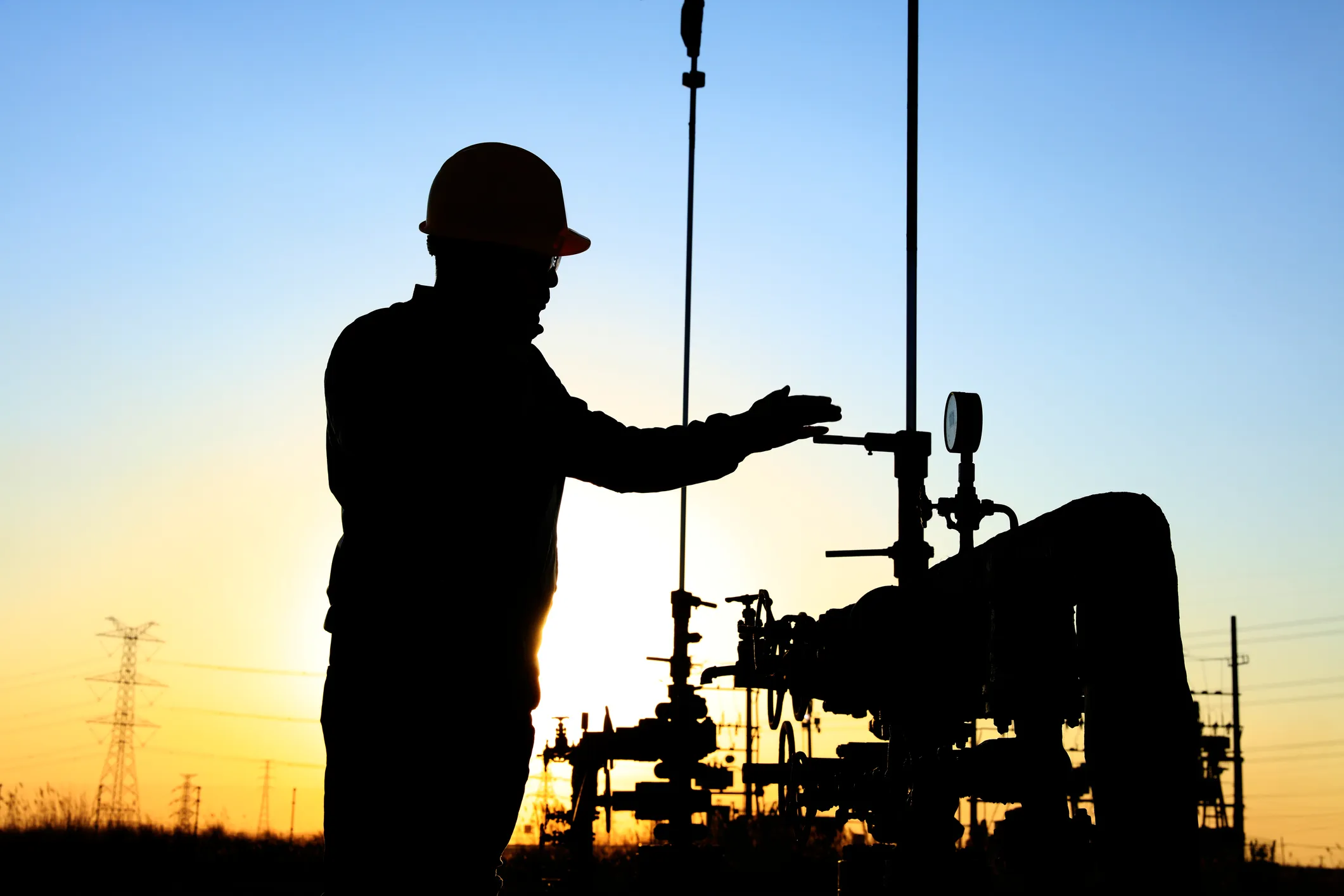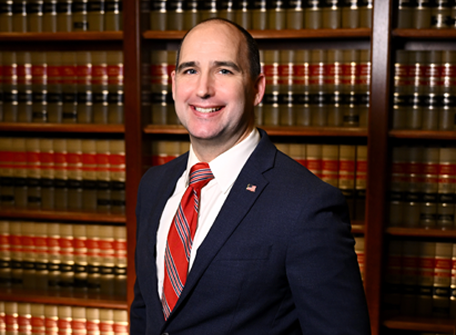Houston Oilfield Accident Attorney

Oilfield workers operate in high-stress, dangerous environments where the chances of a catastrophic injury are significant. Explosions, fires, equipment blowouts, toxic exposure, and malfunctioning equipment and tools can all cause deadly accidents.
An experienced Houston oilfield accident attorney with Havens & Associates is familiar with complex, high-stakes oilfield accident claims. We represent oil and gas workers, not big corporations. We’ll fight to help you get the compensation you deserve after an accident.
Contact us today at (713) 955-2215 for a free consultation.

Why should I hire Havens & Associates?
The Houston oilfield accident attorneys at Havens & Associates are committed to results. We focus on your needs and use our deep knowledge of Texas and federal oilfield safety regulations to identify any negligent party that caused your accident.
Our results speak for themselves, including a recent $600,000 settlement for an injured oilfield worker.
We help with all types of onshore and offshore oilfield accidents
Many companies place a higher premium on profits than on worker safety and may cut corners with safety and protective equipment. These shortcuts and omissions cause all kinds of oilfield incidents, including:
- Well blowouts
- Heavy machinery or equipment failures
- Fires and explosions
- Toxic exposures
- Electrical contact and electrocution
- Vehicle accidents
- Dropped objects
- Slips, trips, and falls
We take cases from oil and gas fields across the country:
- Eagle Ford
- Permian
- Barnett
- Haynesville
- Anadarko-Woodford
- Granite Wash
- Niobrara
- Marcellus
- Bakken
- Utica
How does Havens & Associates approach oilfield accident lawsuits?
We focus on your unique needs and strive to understand the complexities of your case thoroughly. When you work with a Havens & Associates Houston oilfield accident attorney, you can trust us to handle all the legal requirements, from communicating with the other party to drafting all the motions needed to progress your claim.
Our firm has the resources to investigate the accident and gather evidence to prove the at-fault party’s negligence. We prepare for every case to go to trial but can also negotiate a fair settlement, getting you the money you deserve to cover your losses.
What damages can we help you fight for after an oilfield accident?
Suppose you file a third-party lawsuit or personal injury lawsuit against your employer. In that case, you can pursue compensation for all your out-of-pocket financial losses, including:
- Past, present, and future medical costs, including a hospital stay, surgery, prescription medication, and specialist care
- Durable medical devices
- Rehabilitative care, like physical therapy and occupational therapy
- Unearned wages from times missed at work, including replenishing any PTO or sick leave you used
- Loss of earning capacity if you’re injured to the point where you cannot work in the job or career you had at the time of the accident
Your Houston oilfield accident attorney may also demand non-economic compensation for intangible but still valuable losses like:
- Scarring or disfigurement
- Pain and suffering from your injuries
- Emotional or psychological trauma
- Loss of companionship or consortium (damaged familial relationships)
- Loss of enjoyment of life
In some cases, the defendant has acted so irresponsibly or was so egregiously negligent that you could be entitled to collect punitive damages, too. These damages are punishing in nature, serving as a warning to other parties tempted to act similarly.

What should I do if I’m injured in an oilfield accident?
- Seek immediate medical care. Oilfield injuries can be life-threatening, and even minor ones could result in complications that could cause lifelong health issues.
- Report the injury to your employer.
- Take photos or videos of the scene and your injuries to preserve evidence.
- Contact a Houston oilfield accident law firm as soon as possible. Your Houston oilfield accident attorney can explain your legal options for compensation and protect your rights.
You have the right to stop work on a dangerous drill site
Oil rig and drill sit workers have the right to stop working if they notice unsafe conditions or notice others behaving in an unsafe manner. Performing a Stop Work Authority (SWA) to reduce the danger or avoid an accident is both responsible and effective. The SWA gives oil rig owners the authority to rectify unsafe conditions before continuing work.
Implementing an SWA is a six-part process:
1. Stop
Immediately stop working around a dangerous condition. If you note that your co-workers behave unsafely, you can also demand they stop working until the unsafe condition is rectified.
2. Notify
Inform your supervisor that you’re stopping work and inform any affected co-workers.
3. Investigate
Evaluate the situation and agree on the safest course of action to mitigate or eliminate the danger.
4. Correct
Fix the situation, or have it evaluated by qualified experts who can ensure that the corrective measures have resolved the danger.
5. Resume
Once the expert(s) have verified the safety of the work area, then resume your job duties.
6. Follow-up
The site safety manager must publish the details of the SWA and distribute it to all managers and employees. The report should outline the initial issue(s), the corrective action taken, lessons learned, or changes required to operating or safety policies.
If your employer attempts retaliation because of your SWA, or if you’re injured because your employer didn’t rectify an unsafe work situation after you initiated an SWA, contact our Houston oilfield accident attorney.
What types of injuries are common on oilfields?
Oil and gas workers experience workplace injuries at a rate seven times higher than other workers.
All manner of serious injuries can occur in oil and gas job sites, including:
- Burns or chemical burns
- Involuntary amputation
- Fractures and broken bones
- Internal organ damage or internal bleeding
- Crushing injuries
- Concussion, traumatic brain injuries, and brain damage
- Toxic fumes exposure or lung damage from inhalation injuries
- Spinal cord injury, like partial or total paralysis
- Fatal injuries where a family could file a wrongful death lawsuit against the at-fault party
What are some common causes of oilfield accidents?
An oilfield accident can have many causes, such as:
- Poor employee training and supervision
- Workers under the influence of alcohol or drugs
- Failure to follow state or federal regulations for safety and operation
- Lack of adequate personal protective equipment or other safety gear
- Malfunctioning tools or equipment
- Poorly maintained rigs
- Fatigue
These aren’t the only causes of an accident. Any workplace accident could qualify you for compensation.
Oilfield injuries and deaths are preventable
The U.S. Occupational Health and Safety Administration (OSHA) sets safety standards for oil and gas job sites. Following OSHA requirements and best practices can improve your chances of preventing accidents. With the right, functional safety gear, appropriate oversight of workers and third-party contractors, and proper employee training, many workplace accidents can be avoided.
Hazard recognition and communication
The right employee training equips workers to identify potential hazards. Putting proper communication practices into place ensures that anyone affected by the hazard is warned and can either stop work or contribute to correcting the hazard.
Performing in-depth job analysis
What are the potential dangers of the job? What safety precautions should be put into place? An appropriate evaluation of the job and each phase before work starts can help determine what risks are present and how to best protect workers.
Oilfield safety and well control
There are practical steps to reduce the chances of a dangerous oilfield fire or explosion. Other dangers, like injury from malfunctioning equipment or tools, can be avoided with regular inspections and safety standards. Keeping the field clean and clear can also reduce accidents. Spills, puddles, or debris create hazards that lead to accidents.
Energy source lockout procedures
OSHA has specific procedures for lock-out/tag-out, the protocol for ensuring that a power source is turned off before any work on electrical or electric-powered equipment begins.
Lock-out/tag-out ensures that people working on mechanical equipment will not be electrocuted while they work. It communicates to others on the job that the power source or equipment is not to be used until the repair or replacement is complete.
Hot work permitting procedures
Hot work permits are required for any job that involves burning, welding, hot tapping, or any use of equipment capable of generating a spark. A hot work permit is also required for work conducted around an open flame.
The American Petroleum Institute (API) sets standards for hot work permitting and safety standards for any work that could lead to a fire, release, or explosion. Failure to follow these standards could easily lead to an accident, but if oil and gas workers have property permits, follow API safety regulations, and follow proper fire watch procedures, then accidents are much less likely.
Confined space entry procedures
Before entering a confined space, an oil or gas worker should be properly trained in using any equipment for the job and the right entry procedures. Before entering, the worker should perform testing with a 4-gas monitor and take the monitor into the enclosed space.
If there’s a potential for other specific gasses, the worker should test for those, too.
It’s not enough to simply bring a monitor into the enclosed space. This work should be done in teams with a Hole Watch person outside the space in direct communication with those inside. Permits may also be needed to enter certain enclosed spaces.
Cutting corners with safety or trying to save money on labor by not having a standby person outside the enclosed space can create conditions where toxic exposure or an accident can happen. Defective safety gear and harnesses may also lead to an accident.
Trenching and excavation
OSHA warns that any trench or excavation has the potential for collapse, so workers shouldn’t enter unless a safety inspection has been conducted. Walls should be benched or sloped, shielded with trench boxes, and supported with shores.
Cutting corners or otherwise deviating from appropriate safety standards could mean the party responsible for ensuring excavation safety (foreman, site owner, another party) is negligent.
What if I’m receiving workers’ compensation?
Although you may not have a claim against your employer, you could still have a claim against other companies on the oilfield job site who were responsible for your injury.
Consult an attorney to investigate whether workers’ compensation precludes a claim against your employer. You can also find out if you have a claim against a third party like the many other contractors typically present on a wellsite.
Hurt on an oilfield? Havens & Associates is ready to help.
Do you need help after an oil or gas workplace accident? Have you been injured on the job and had trouble getting the compensation you deserve? Contact our firm today at (713) 955-2215 for a free consultation with an experienced Houston oilfield accident attorney.
Contact Us
For a Free Consultation

